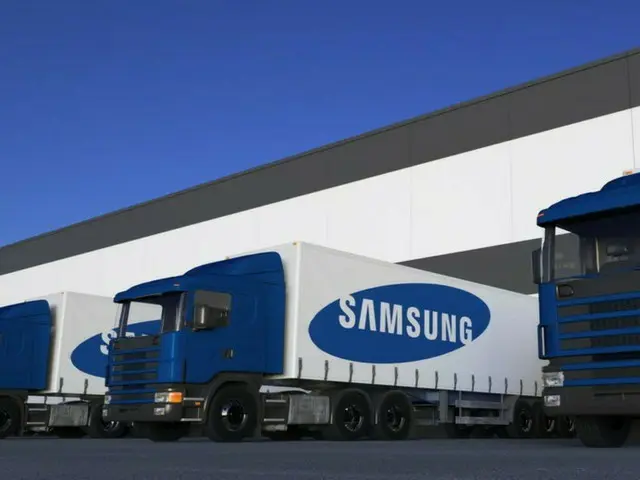The plan is to gradually strengthen collective action, such as by using one day of annual leave for each employee, which is expected to place a considerable burden on the company. The Samsung Electronics union has been holding eight rounds of formal negotiations since January,
The differences in positions have not been narrowed down over wage increase rates, performance-based pay, and long vacation systems. Major countries around the world are desperate to gain dominance in the semiconductor industry. The United States has set a target of 72 trillion won over the next five years.
(approximately 8.2 trillion yen) to block the growth of China's semiconductor sector and build a domestic supply network. To this end, the government enacted the "Chips Law," providing huge subsidies to Samsung Electronics and other companies.
The EU is also planning to inject 63 trillion won (approximately 7.2 trillion yen) into the "European Chip Law." The Chinese government also agreed to this the day before yesterday.
In response, it was reported that the government had created a semiconductor investment fund worth 64 trillion won (about 7.3 trillion yen) to develop the semiconductor industry.
In this situation, Samsung Electronics, the world leader in memory,
It is trying all it can to catch up with Taiwan's TSMC, which has taken the lead in the fast-growing foundry sector since the COVID-19 pandemic.
However, they have not been able to achieve results. TSMC's market share has expanded from 46% in the second quarter of last year to 49% in the first quarter of this year.
The company is also lagging behind in the race to develop HBM (high bandwidth memory), which has been developed based on the concept of "AI memory." In contrast, its rival SK Hynix has been launching new products one after another and is leading the AI memory market.
Samsung Electronics has not been able to produce results. Recently, Samsung Electronics has been showing bullish moves by replacing the head of its semiconductor division, but its stock price continues to stagnate.
It is no exaggeration to say that the right to strike is an inherent right of workers, but its exercise should be done in accordance with the surrounding environment. Samsung Electronics is in the midst of a fierce semiconductor world war, and the future of Korea is at stake.
It's like a national team athlete running with the hopes of winning. If they lose, not only the company but the Korean economy will lose its place. The Korean people are also cold-hearted when they see a strike at a major Korean company.
There are also rumors that this is a luxurious strike by a corporate union whose annual salary reaches 120 million won (about 13.7 million yen). The Samsung Electronics union should completely withdraw the strike.
2024/05/31 07:06 KST
Copyrights(C) Edaily wowkorea.jp 107

